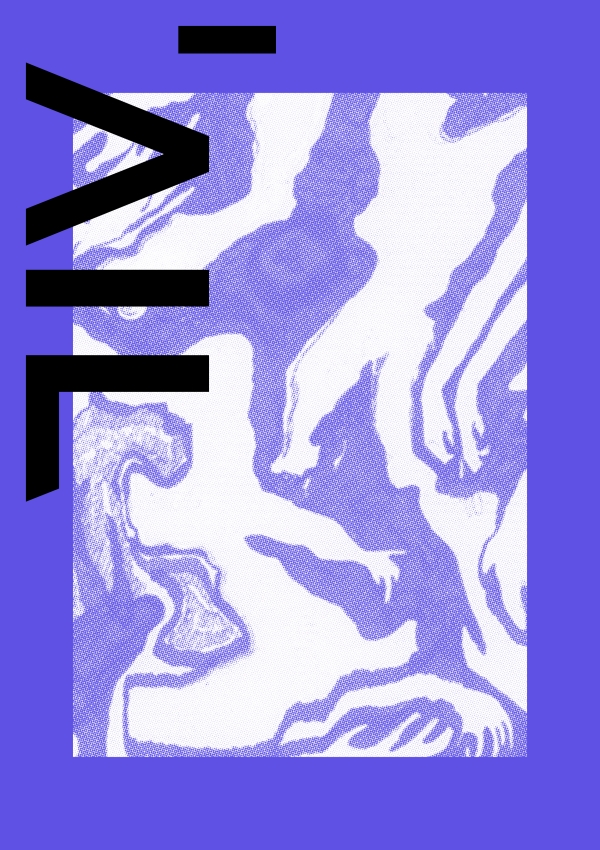A New Existentialism?
On
the Many Ways of ‘Becoming Sensible’ in the Anthropocene
Angewandte
Interdisciplinary Lab
Lecture by Nikolaj Schultz
Moderation: Nanna Heidenreich (Prof. Transcultural Studies,
University for applied Arts Vienna)
In the wake of the Anthropocene, the human and social sciences have in recent
decades experienced an important ontological-analytical shift of focus towards the non-human beings that humans co-exist with
and whom their livelihoods depend on. This turn has been crucial in re-distributing agencies towards nonhumans, and in restoring
a sensibility for other living beings and humans. However, in this talk Schultz argues that getting closer to non-humans is
not the only analytical strategy we need if we wish to face our times crisis of sensibilities. Instead, based on his book
'Land Sickness', Schultz argues that we also need descriptions of how the existential conditions of the human being has transformed
in the Anthropocene, how the human has transformed into another kind of being, one leaving behind a set of destructive traces
that is slowly but certainly destroying its own species’ conditions of subsistence.
In recent years, Danish sociologist Nikolaj Schultz (1990), PhD Fellow at Department of Sociology, University of
Copenhagen, has emerged as an influential voice in social theory and ecological thinking. Schultz was a close collaborator
of late French philosopher Bruno Latour (1947-2022) in the years before his passing. In 2022, Schultz and Latour co-authored
On the Emergence of an Ecological Class. A Memo (translated from French by Julie Rose, Polity Books, 2023), a short text on
how to construct from below a strong political subject ready to fight for the habitability of the planet in the wake of global
climate change. A year after its publication, the book was translated in more than a dozen languages and quickly became a
point of inspiration for political actors such as the Green Party in France (EELV) and the German Climate Movement (in German:
Zur Entstehung einer ökologischen Klasse, Suhrkamp 2022). Later the same year, Schultz published Land Sickness (Polity Books,
2023), currently translated into eight languages, a hybrid text that he calls an “auto-etnografictive essay” on the sociological
and existential questions that the Anthropocene force us to pose. It is available in German as Landkrank (translated by Michael
Bischoff, published by Suhrkamp 2024).
The event is organised by the Department for Transcultural Studies in cooperation
with AIL and is supported by ERSTE Foundation.https://ail.angewandte.at/program/a-new-existentialism 



